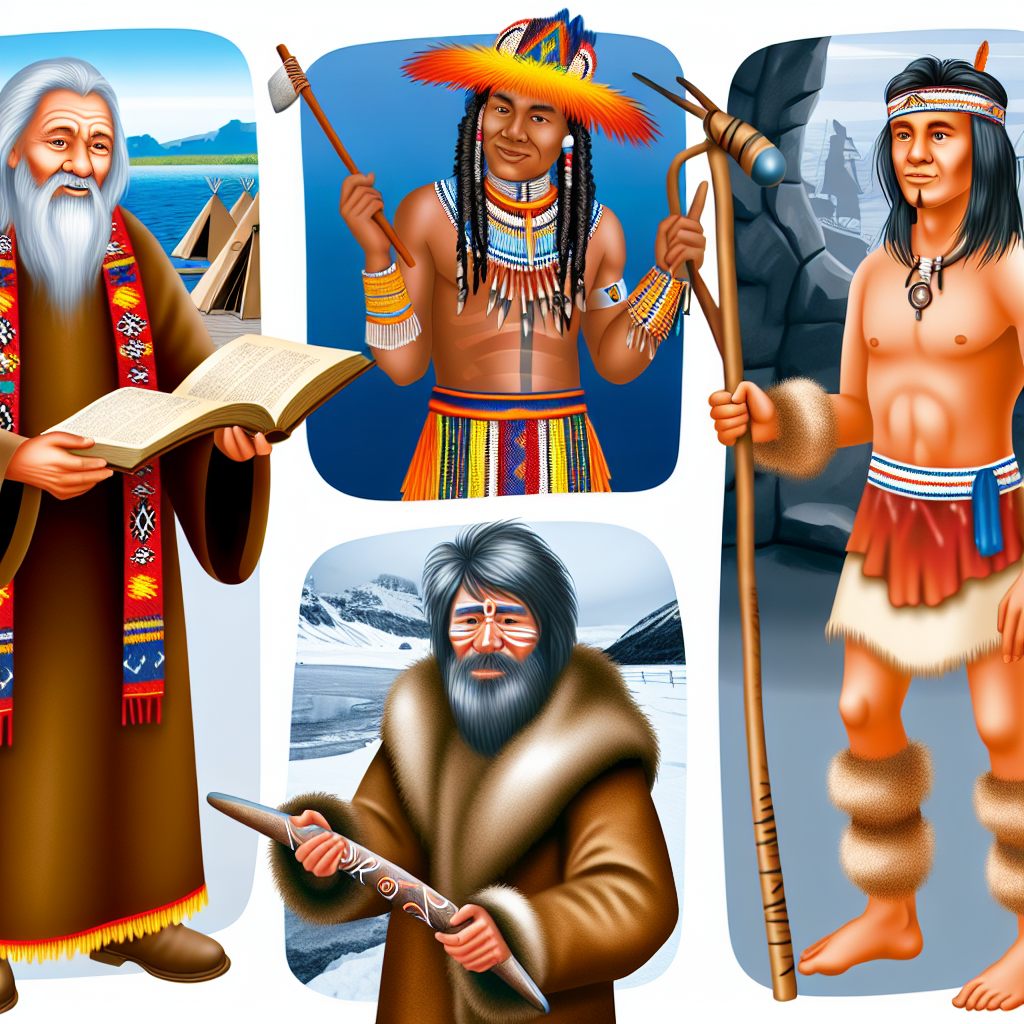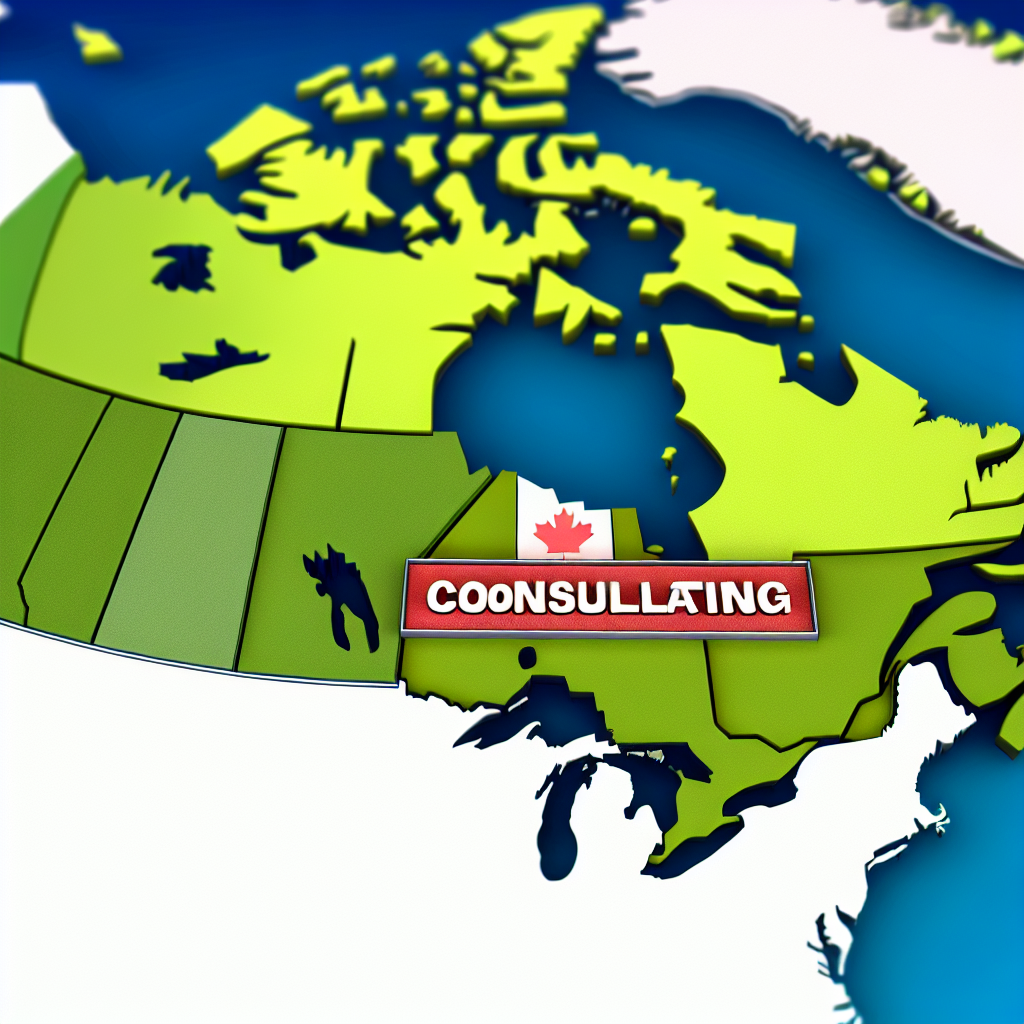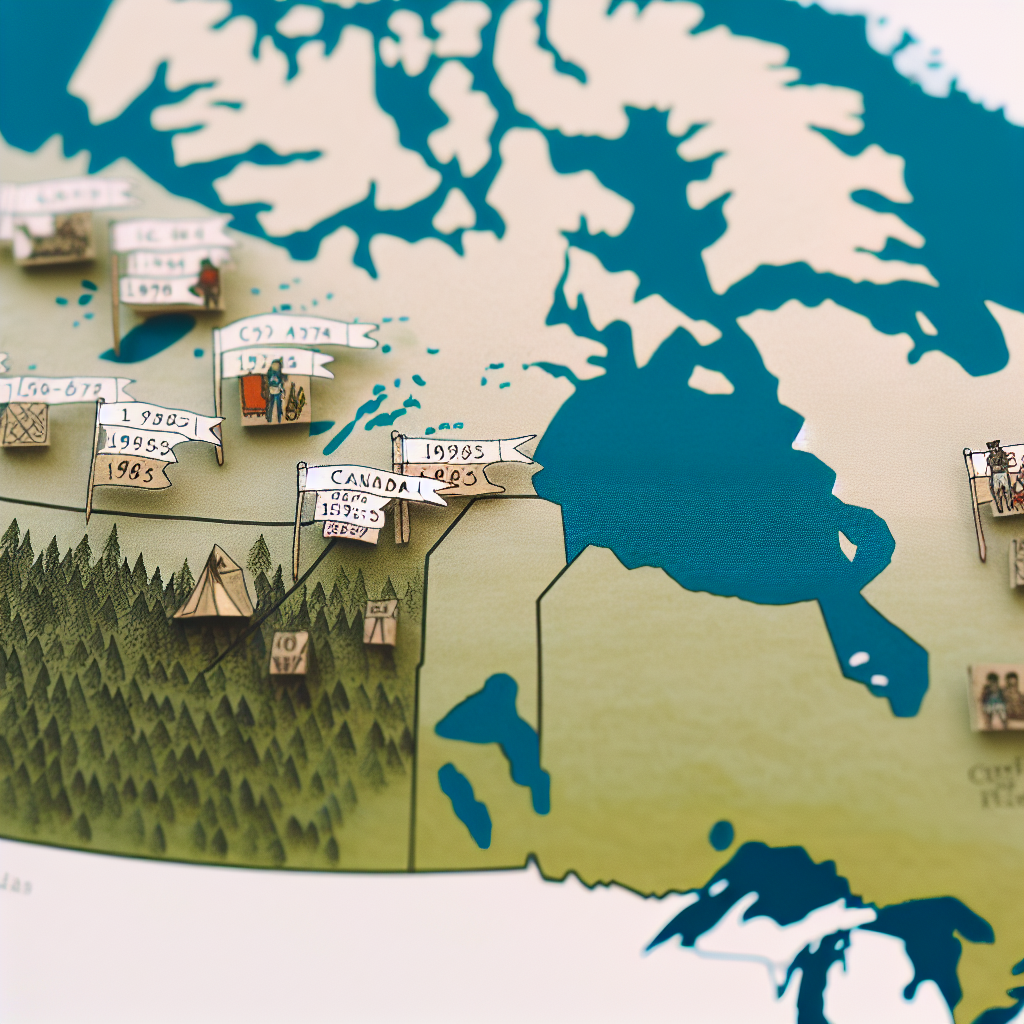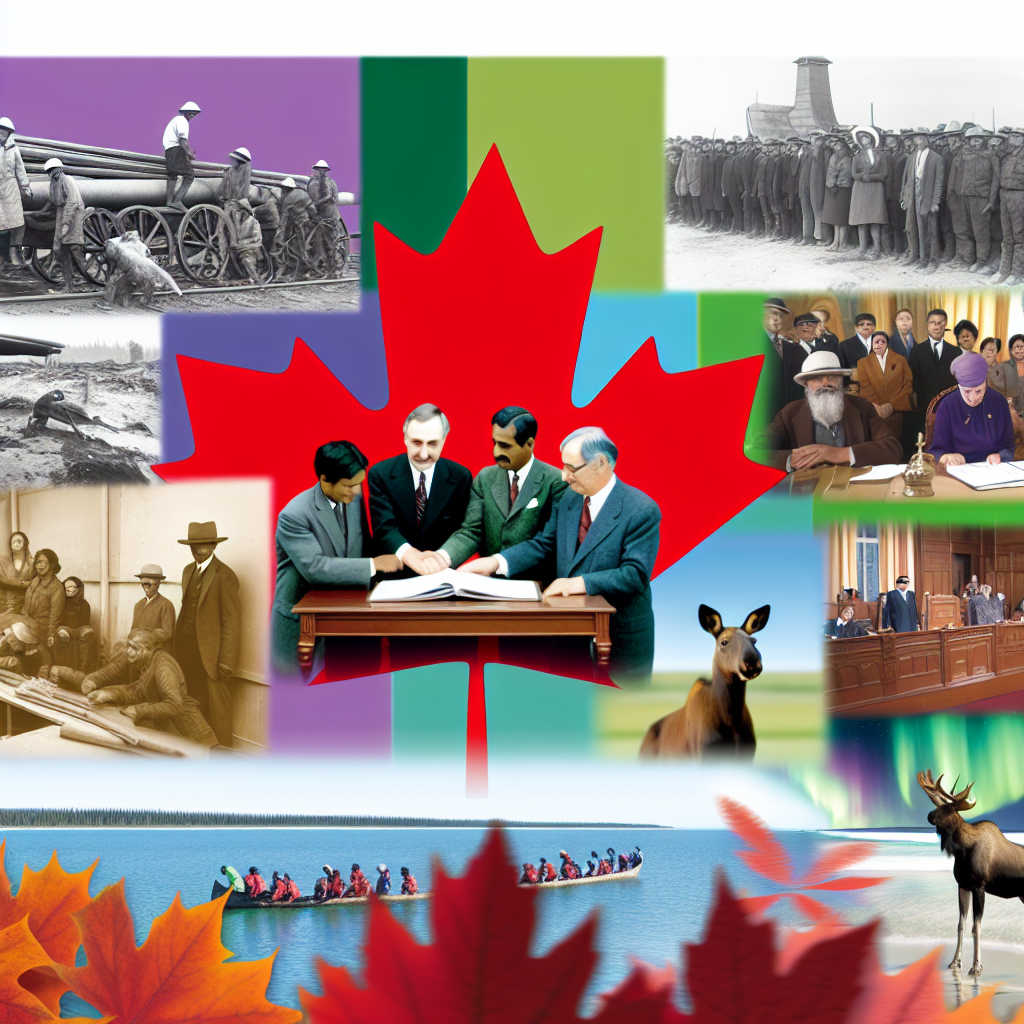Canada's history includes Indigenous peoples, European colonization, British rule until Confederation in 1867, and the formation of a united nation. Key events in modern Canada include patriation of the Constitution in 1982, signing of NAFTA in 1994, and commitment to combat climate change in 2016.
Canada's history is a rich tapestry of cultures, conflicts, and triumphs that have shaped the country into what it is today. From the early interactions between Indigenous peoples and European explorers to the formation of the nation through Confederation, Canada's history is a fascinating journey through time. In this article, we will explore the key moments in Canadian history, from its early beginnings to the modern era, highlighting the events and milestones that have defined the nation and its people. Join us as we delve into the past and uncover the story of Canada's remarkable evolution.
- 1. "From Indigenous Peoples to European Colonization: A Brief Overview of Canada's Early History"
- 2. "The Formation of Canada: Exploring Confederation and the Birth of a Nation"
- 3. "Canada in the Modern Era: Key Events and Milestones in the Country's Recent History"
1. "From Indigenous Peoples to European Colonization: A Brief Overview of Canada's Early History"

Canada's history dates back thousands of years, long before the arrival of European colonizers. The land now known as Canada was originally inhabited by various Indigenous peoples who had thriving cultures and societies. These Indigenous groups, including the Inuit, First Nations, and Métis, had complex social structures, languages, and traditions that were deeply rooted in the land.
The arrival of European explorers and colonizers in the 15th and 16th centuries marked a significant shift in Canada's history. The first Europeans to reach Canada were likely Norse explorers led by Leif Eriksson around 1000 AD, but it was not until the late 15th century that European exploration and colonization began in earnest.
The French were the first to establish permanent settlements in Canada, with the founding of Quebec City in 1608 by Samuel de Champlain. The French focused on fur trading and establishing friendly relations with the Indigenous peoples, often intermarrying with them. In the early 18th century, the British began to assert their control over Canada, leading to the Seven Years' War, in which Britain ultimately gained control of New France.
The British victory in the Seven Years' War led to the signing of the Treaty of Paris in 1763, which officially ceded New France to Britain. This marked the beginning of British rule in Canada, which lasted until Confederation in 1867. Throughout this period, Canada saw significant immigration from Europe, particularly from Britain and Ireland, as well as the United States.
Overall, Canada's early history is marked by the interactions between Indigenous peoples and European colonizers, as well as the gradual establishment of European settlements and the eventual formation of Canada as a nation. This complex history continues to shape Canada's identity and relationships with Indigenous peoples today.
2. "The Formation of Canada: Exploring Confederation and the Birth of a Nation"

The formation of Canada as we know it today can be traced back to the mid-19th century, a time when the British North American colonies were looking for ways to strengthen their ties and create a unified nation. The idea of confederation, or the union of these colonies, began to gain traction as a solution to various economic, political, and security challenges facing the region.
In 1867, the British North America Act was passed by the British Parliament, officially creating the Dominion of Canada. This act united the provinces of Ontario, Quebec, New Brunswick, and Nova Scotia into a single federal state, with each province retaining some degree of autonomy while sharing common institutions such as a federal government and a parliament.
The formation of Canada through confederation marked the birth of a new nation, one that sought to balance the interests and identities of its diverse regions and peoples. It laid the foundation for the growth and development of Canada as a modern, multicultural, and democratic country.
The process of confederation was not without its challenges and controversies, as various groups and individuals debated the terms and implications of joining together. However, ultimately the vision of a united Canada prevailed, setting the stage for the country's continued evolution and expansion over the years. Today, Canada stands as a testament to the power of cooperation, compromise, and unity in shaping a strong and vibrant nation.
3. "Canada in the Modern Era: Key Events and Milestones in the Country's Recent History"

Canada in the Modern Era has been marked by several key events and milestones that have shaped the country's recent history. One of the most significant events was the patriation of the Canadian Constitution in 1982, which granted Canada full control over its own constitution and the ability to amend it without needing approval from the British Parliament. This marked a significant step towards full sovereignty for Canada.
Another important milestone in Canada's recent history was the signing of the North American Free Trade Agreement (NAFTA) in 1994, which created a trilateral trade agreement between Canada, the United States, and Mexico. NAFTA significantly impacted Canada's economy and trade relations with its neighbors, opening up new opportunities for economic growth and development.
In more recent years, Canada has also been at the forefront of global efforts to combat climate change, with the signing of the Paris Agreement in 2016. This international treaty aims to limit global warming and reduce greenhouse gas emissions, with Canada committing to reduce its own emissions and transition towards a more sustainable economy.
Overall, Canada in the Modern Era has seen significant progress in terms of constitutional sovereignty, economic development, and environmental sustainability. These key events and milestones have helped shape Canada into the diverse and prosperous nation it is today.
In conclusion, Canada's history is a rich tapestry woven with the stories of Indigenous peoples, European colonization, and the formation of a new nation through Confederation. From the early interactions between Indigenous peoples and European settlers to the key events and milestones that have shaped Canada in the modern era, the country's history is a testament to resilience, diversity, and progress. As we continue to reflect on and learn from Canada's past, we must strive to build a more inclusive and equitable future for all who call this great nation home.





